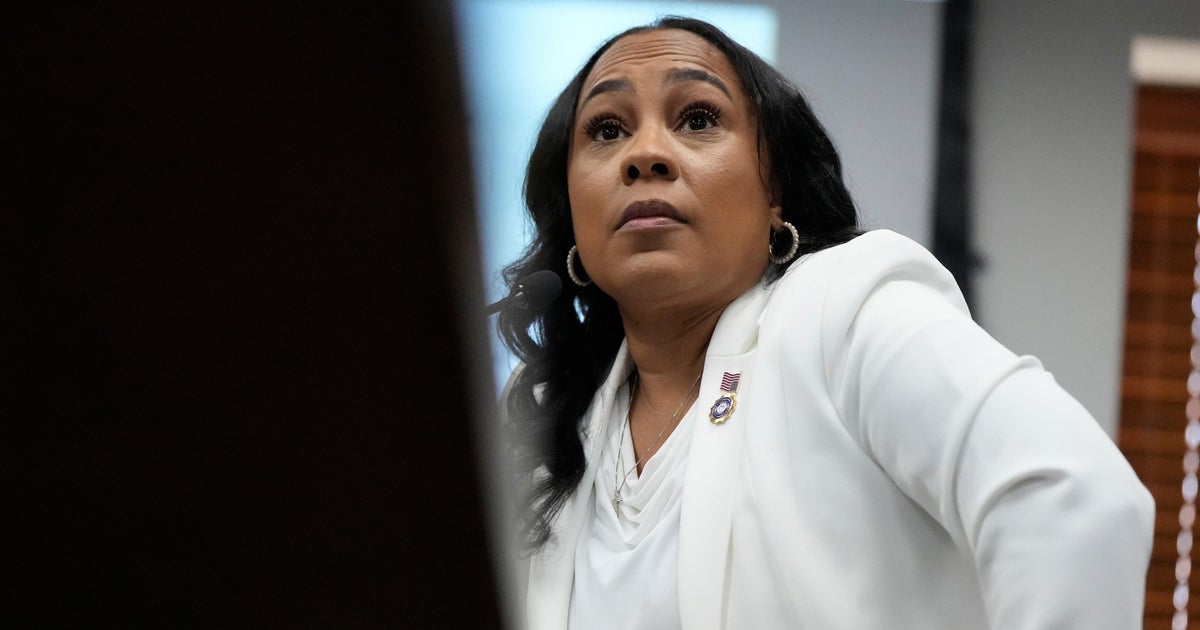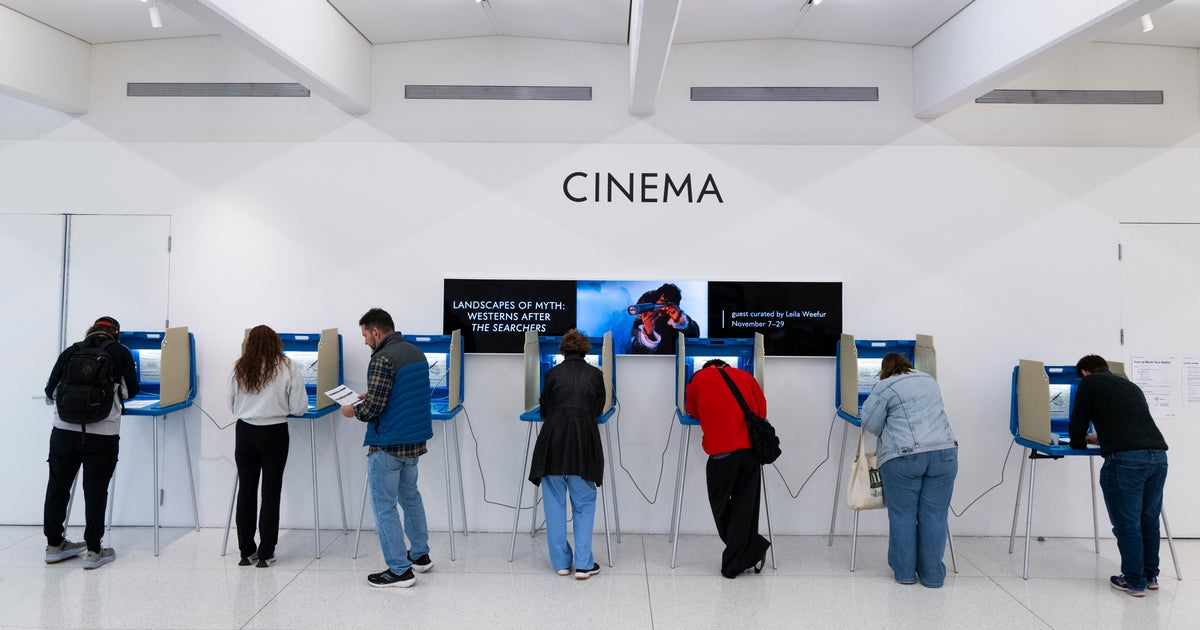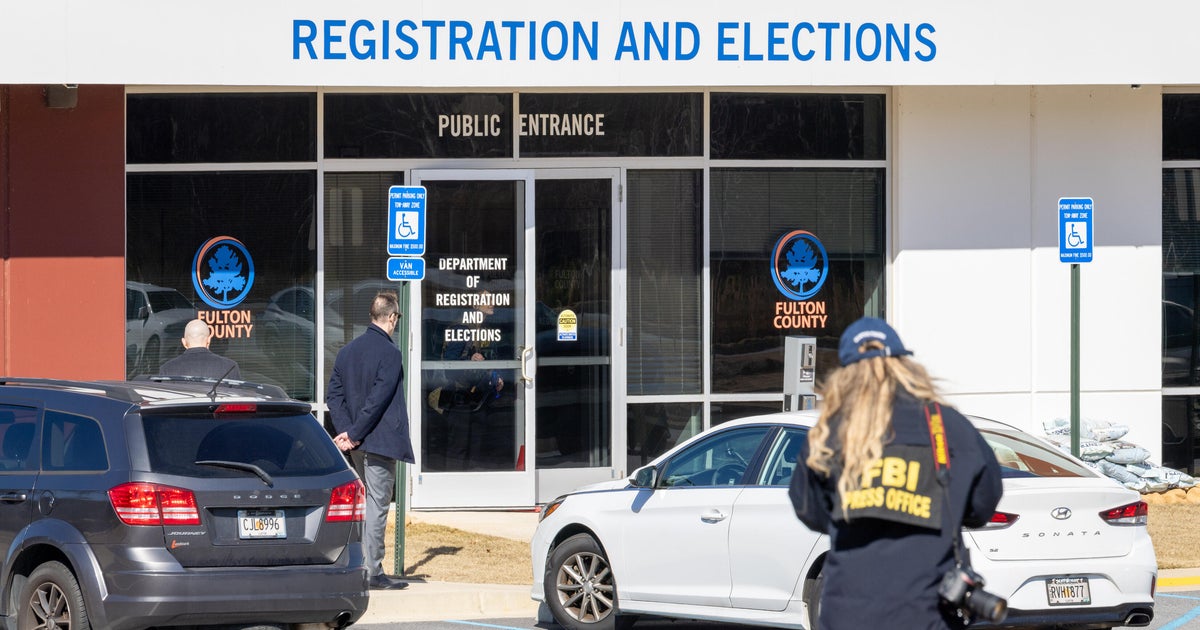Poll: People Trust Clinton More On Most Issues
WASHINGTON (AP) — Americans are more likely to trust Hillary Clinton than Donald Trump to handle a variety of issues facing the country, even when it comes to national security topics that have been a major focus of his campaign, according to a new Associated Press-GfK poll.
Trump is trusted slightly more than Clinton on just one key issue: job creation.
A closer look at the poll results:
___
CLINTON'S ADVANTAGES
According to the AP-GfK poll, American voters say they trust Clinton more than Trump by large margins to handle health care, 42 percent to 29 percent, and race relations, 48 percent to 20 percent. By a 40 percent to 33 percent margin, more trust the former secretary of state to handle negotiating with Russia.
Clinton has slimmer edges on filling Supreme Court vacancies, 39 percent to 34 percent, and handling international trade, 40 percent to 34 percent.
The Democratic nominee is also slightly more trusted to handle immigration, 42 percent to 38 percent.
The poll shows immigration issues are particularly important to Trump's supporters. They're far more likely than Clinton's supporters to call immigration a very or extremely important issue, 79 percent to 51 percent.
___
NO TRUMP EDGE ON SECURITY
Despite a focus on national security, Trump has no apparent edge over Clinton on the issue. Voters are closely split on which candidate would better handle protecting the country, with 40 percent trusting Clinton more and 37 percent trusting Trump more. They're evenly divided on who would better handle the threat posed by the Islamic State group, with 38 percent saying they trust each candidate.
Clinton has a big edge over Trump on who would do a better job handling the U.S. image abroad, 47 percent to 27 percent.
Trump's supporters are much more likely than Clinton's to consider the threat posed by the Islamic State group to be very or extremely important to them personally, 87 percent to 65 percent.
More generally, the two candidates' supporters are about equally likely to say the U.S. role in world affairs is very or extremely important, 71 percent for Clinton's supporters to 69 percent for Trump's.
___
JOB CREATION GOOD FOR TRUMP
Economic issues are a relative bright spot for Trump. He is narrowly favored as the candidate trusted more to create jobs, 39 percent to 35 percent. In general, voters are about equally split on which candidate would better handle the economy, 39 percent for Trump to 38 percent for Clinton.
It's a good issue on which to have even a narrow advantage. Economic issues are rated as very or extremely important by 92 percent of voters, more than say the same of the U.S. role in world affairs (68 percent), the threat posed by the Islamic State group (70 percent) or immigration (60 percent).
American voters aren't happy with the economic status quo, the poll shows. By a 55 percent to 45 percent margin, they're more likely to call the economy poor than good. That's even though they're far more likely to say their personal financial situation is good than poor, 66 percent to 34 percent.
Voters are also slightly more likely to trust Trump than Clinton on handling gun laws, 39 percent to 35 percent.
___
WHO'S A UNITER?
Americans are more likely to trust Clinton than Trump as the candidate who can unite the country, 35 percent to 24 percent. But just as many say they don't trust either candidate as say they trust Clinton more.
Clinton is also seen as better able to handle working with Congress, 42 percent to 27 percent.
___
The AP-GfK Poll of 1,694 adults, including 1,476 registered voters, was conducted online Sept. 15-19, using a sample drawn from GfK's probability-based KnowledgePanel, which is designed to be representative of the U.S. population. The margin of sampling error for all respondents is plus or minus 2.5 percentage points, and for registered voters is plus or minus 2.5 points.
Respondents were first selected randomly using telephone or mail survey methods and later interviewed online. People selected for KnowledgePanel who didn't have access to the internet were provided access for free.







